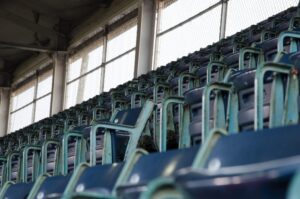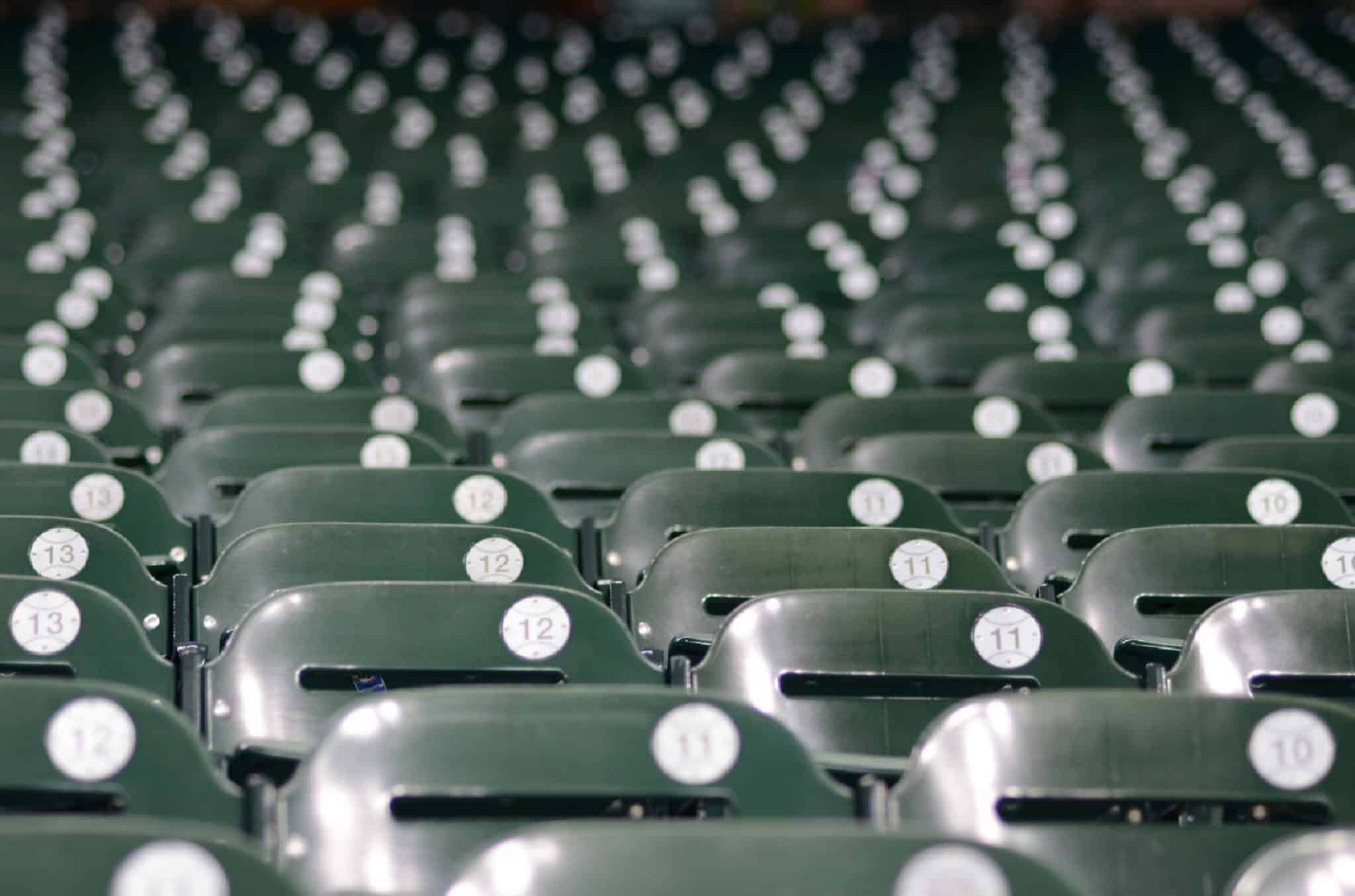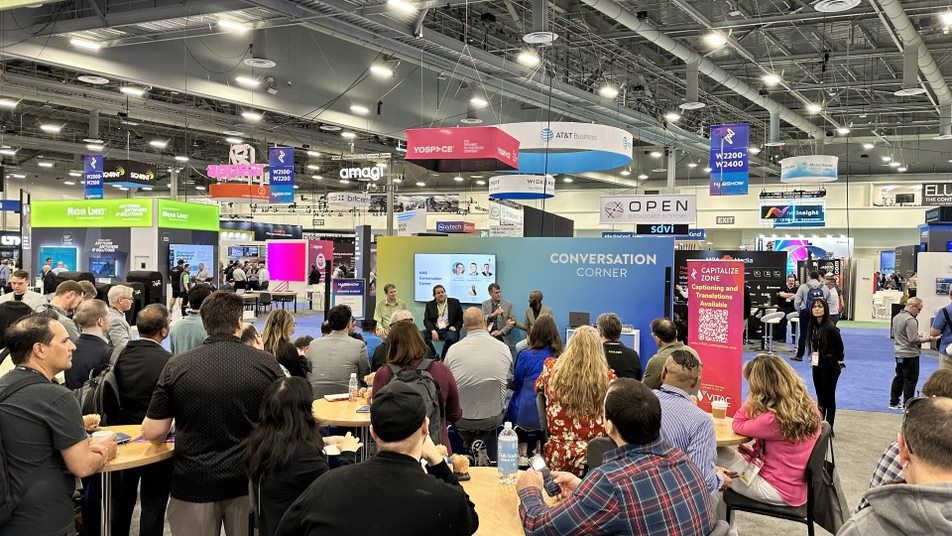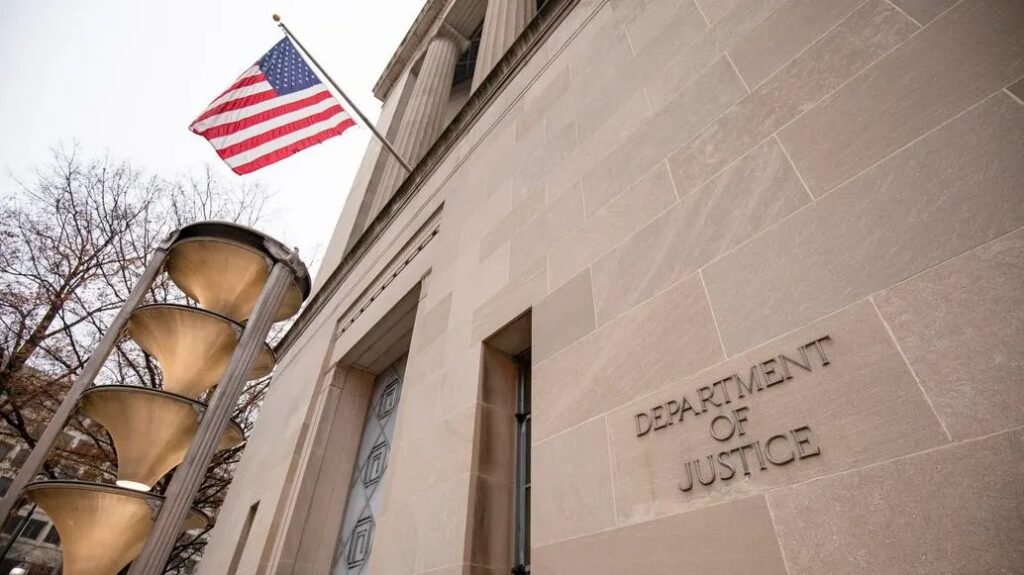Welcome to the latest edition of “ADA in the News,” featuring recent news, updates, events, and rulings regarding the Americans with Disabilities Act.
Lawsuit Claims ADA Violations in Florida Prisons
 A lawsuit filed by advocacy group Disability Rights Florida alleges that Florida’s corrections department breached an agreement to accommodate inmates with disabilities.
A lawsuit filed by advocacy group Disability Rights Florida alleges that Florida’s corrections department breached an agreement to accommodate inmates with disabilities.
The suit argues that the Florida Department of Corrections (FDC) has failed to, among other things, provide interpreters for inmates who are deaf or hard of hearing, and has restricted mobility devices from other inmates.
Disability Rights Florida sued the department of corrections in 2016, alleging that the state failed to provide inmates with disabilities access to its programs and services in violation of the Americans with Disabilities Act. Issues raised in the 2016 suit included the state’s failure to provide interpreters, hearing aids, telecommunications access, and effective emergency alerts to inmates who were deaf or hard of hearing.
A settlement was reached in 2017 that required the corrections department to implement changes that would make prison services and programs accessible to inmates with disabilities. The settlement also called for additional training for staff members on disability laws, and internal policies regarding inmates with disabilities.
Disability Rights Florida says the settlement agreement “was intended to protect individuals with physical disabilities incarcerated throughout Florida’s prisons, and to bring FDC into compliance with federal laws protecting individuals with disabilities, specifically the Americans with Disabilities Act and Rehabilitation Act, as well as the Eighth Amendment and the Due Process Clause of the Fourteenth Amendment to the United States Constitution. However, FDC has failed to meet its obligations and, in response, Disability Rights Florida has brought suit for breach of the terms of the settlement agreement.”
Inmates Suing Maryland Prisons
A lawsuit also has been filed in U.S District Court in Baltimore, claiming that Maryland’s prison system has failed to comply with the Americans with Disabilities Act. The case was filed by six inmates housed at various facilities throughout Maryland’s state prison system.
The suit, which alleges a culture of noncompliance with the ADA, names the Maryland Department of Public Safety and Correctional Services and a number of prison officials. The suit claims that, among other things, that prisons distributed faulty wheelchairs and was largely not wheelchair accessible.
Wrigley Field Accessibility Suit
 An ongoing renovation plan of Wrigley Field in Chicago has prompted a lawsuit saying the ballpark is not compliant with the Americans with Disabilities Act.
An ongoing renovation plan of Wrigley Field in Chicago has prompted a lawsuit saying the ballpark is not compliant with the Americans with Disabilities Act.
The lawsuit says that the seating options offered to disabled guests are fewer and of lower quality than the seating options before the renovation work began. The U.S. attorney for the Northern District of Illinois initiated an ADA compliance review.
The team, however, says that options for the disabled were improved by the renovations. From the Chicago Tribune:
“The Cubs are completing a five-year renovation of Wrigley Field which we believe has significantly increased the accessibility of the ballpark,” an attorney representing the Cubs said in a letter to the judge overseeing the case. The letter said compliance with the ADA ‘is of critical importance to the Cubs, as is ensuring the accessibility to all fans to Wrigley Field, a historic and aging ballpark with a limited physical footprint.’”
Work began in 2014 and is nearly complete on the Wrigley Field renovation, which includes a bleachers expansion, outfield video boards and an expanded grandstand concourse.
In light of the review, the Cubs told the judge they are holding off on plans to install additional accessible seating before opening day in March.
Similar lawsuits have been filed against Seattle’s T-Mobile Park and Baltimore’s Oriole Park, while Denver’s Pepsi Center settled a suit in 2018 and agreed to start providing open captioning on the arena’s ribbon boards for deaf and hard-of-hearing sports fans.
Additionally, earlier this month, a federal judge in New Orleans ruled that an accessibility suit by a longtime Saints season ticket-holder can proceed against the Mercedes-Benz Superdome.
The Superdome is planning a $450 million renovation project, expected to begin next year, that will include improvements for wheelchair users and other fans with disabilities.
How VITAC Can Help
As the largest captioning company in the country, VITAC works closely with caption clients, viewers, and advocates. Though not all video must be captioned by law, we strongly believe that everything should be as captions provide myriad benefits for all.
Our exclusive Event Center Solutions team works will a variety of clients to provide captions on scoreboards, ribbon boards, and in-stadium CCTV systems. We can also stream captions to a URL, enabling fans to access the captions on their mobile phones or tablets.
Providing accessible solutions – whether it be via captioned content, sign language interpreters, or other reasonable accommodations – not only satisfies ADA requirements but also is the right thing to do.




